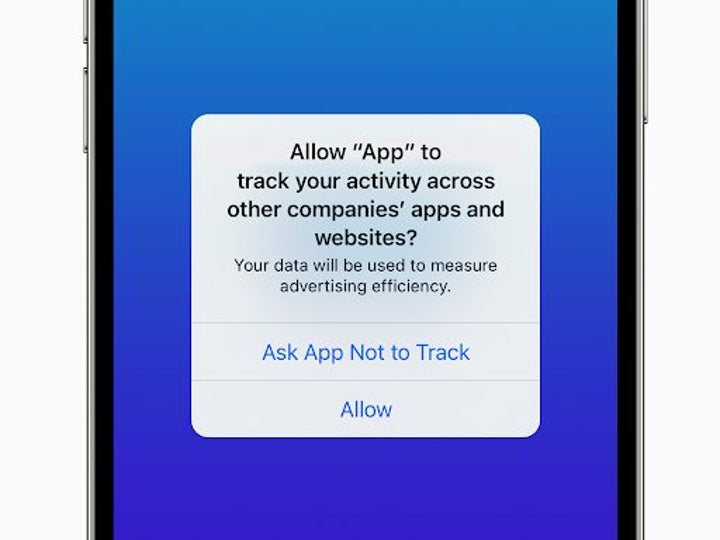News
Apple users be warned, your data may not be as private as you think

- November 23, 2022
- Updated: July 2, 2025 at 3:19 AM

Apple has long been regarded as a platform that values their users’ privacy above all else. This is one of the reasons used to justify the premium price tag attached to their products. For years, they’ve used their privacy features as a way to keep hold of their market share. But is it all a sham?
Apple is well known for focusing on the privacy of its users. In the last few years, they’ve worked tirelessly to continue proving just how vital user privacy is to them when compared to other tech giants like Google, Android, and Meta. These features included changes to Apple-delivered advertising, app permission requests to track you, and more. The app also urges users to update their accounts frequently to ensure privacy and security. However, recently some details have come to light that could show Apple is collecting and tracking more of your data than you thought.
This Apple privacy issue was first brought to light earlier this month. The software company Mysk made a post on Twitter in which it brought up its concerns. The company found various forms of user data, including screen resolution and network connection, collected from the Apple App Store and sent directly to Apple.

After further investigation, Mysk has found that the user’s DSIDs are also being sent to Apple during this collection process. This DSID is a unique identifier that cannot be changed and is directly linked to your account. This account information could include your name, date of birth, contact details, and more.
Apple has always sent certain analytics from the App Store to Apple, and this contained a label ‘dsld.’ At first, Mysk wasn’t sure if this identifier was the same as a user’s DSID, but from their investigation, they can confirm that it’s the same DSID that identifies your iCloud account.
This isn’t even the worst part. Adding even more insult to injury, it would appear that this analytics data, which now includes your DSID, is sent to Apple regardless of whether you’ve given permission. Many iPhone and iPad users have disabled the sharing of analytics data, yet this information is still sent to Apple. This also happens when users disallow tracking permission for apps. Although the information isn’t sent to third parties, it’s still sent to Apple.
This is despite their privacy policy that states that ‘none of the collected information identified you personally’ and ‘personal data is either not logged at all, is subject to privacy-preserving techniques such as differential privacy, or is removed from any reports before they’re sent to Apple.’
Despite numerous channels reaching out to the tech giant, Apple has yet to respond to these inquiries making the situation even more suspicious. Keep an eye on our news section to see how this topic develops. Perhaps now is the time for Apple users to think twice about their privacy. If you want to protect your privacy online, you, as the user, need to start taking control and not rely solely on promised privacy features.
Latest from Leri Koen
You may also like
 News
NewsBorderlands 4 was not what players expected and Gearbox is trying to make it up to them
Read more
 News
NewsIdentity management as a key to protecting data in the cloud
Read more
 News
NewsCamp Rock 3 is already a reality, and it will bring together the Jonas brothers but will have a significant absence in its cast
Read more
 News
NewsJessica Chastain and Ben Stiller together as stars and producers in the new Apple TV+ series
Read more
 News
NewsThe Muppets will return next year in a special show with Sabrina Carpenter
Read more
 News
NewsThey suspend the Jimmy Kimmel show for his comments about Charlie Kirk
Read more